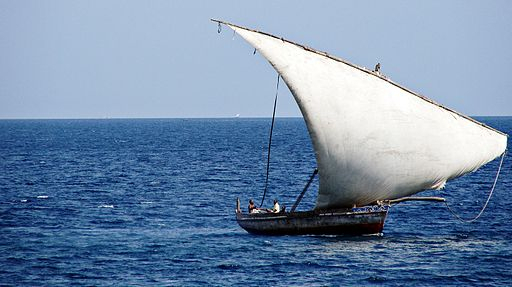A US guided-missile cruiser boarded a small ship which had 150 anti-tank guided missiles and three Iranian surface-to-air missiles, in the Arabian Sea on February 9. The US military confirmed on Thursday, February 13, that a dhow- a traditional vessel was seized in the Arabian sea.
The statement from the United States Central Command said that the naval warship Normandy boarded the dhow, which contained the weapons that had similar designs to that of Iran's weapons.
The150 'Dehlavieh' anti-tank guided missiles(ATGM) which were seized by the US military has the same design as that of the Russian Kornet ATGMs. Iran is said to have adopted the designs into their ATGMs from the Kornet which has led to the suspicion that the weaponry was for the Houthi rebels in Yemen.
Actions in accordance with International Law

The stateless dhow was seized by the USS Normandy after suspicious behaviour in the seas. Normandy stopped the dhow while conducting routine operations in the Arabian Sea over the weekend. Ticonderoga-class guided-missile cruiser has taken the weapons system into custody.
The statement released by CENTCOM said that the 'weapons components seized aboard the dhow were of Iranian design and manufacture and included three Iranian surface-to-air missiles.' The weapons systems boarded by the US is said to be similar to the ones confiscated last year in November.
The guided-missile destroyer USS Forrest Sherman seized advanced missile parts from the Arabian Sea. This is also said to have had some connection with Iran. There have been several occurrences where the US naval warships in the Arabian Sea protecting the Strait of Hormuz reporting that they have seized weapons from Iranian boats.
According to a resolution implemented by the United Nations, Tehran is restricted from supplying, selling or transferring weapons outside the country without the approval from the Security council. A separate resolution addresses the supply of weapons to the Houthi rebels in Yemen. The Houthis have continued to rely on Iran for weapons. They have also added to their arsenal using local manufacturing and foreign expertise. The war in Yemen is being seen as a proxy war between Saudi Arabia and Iran.








